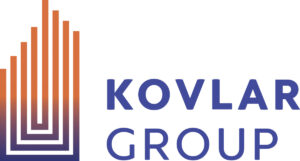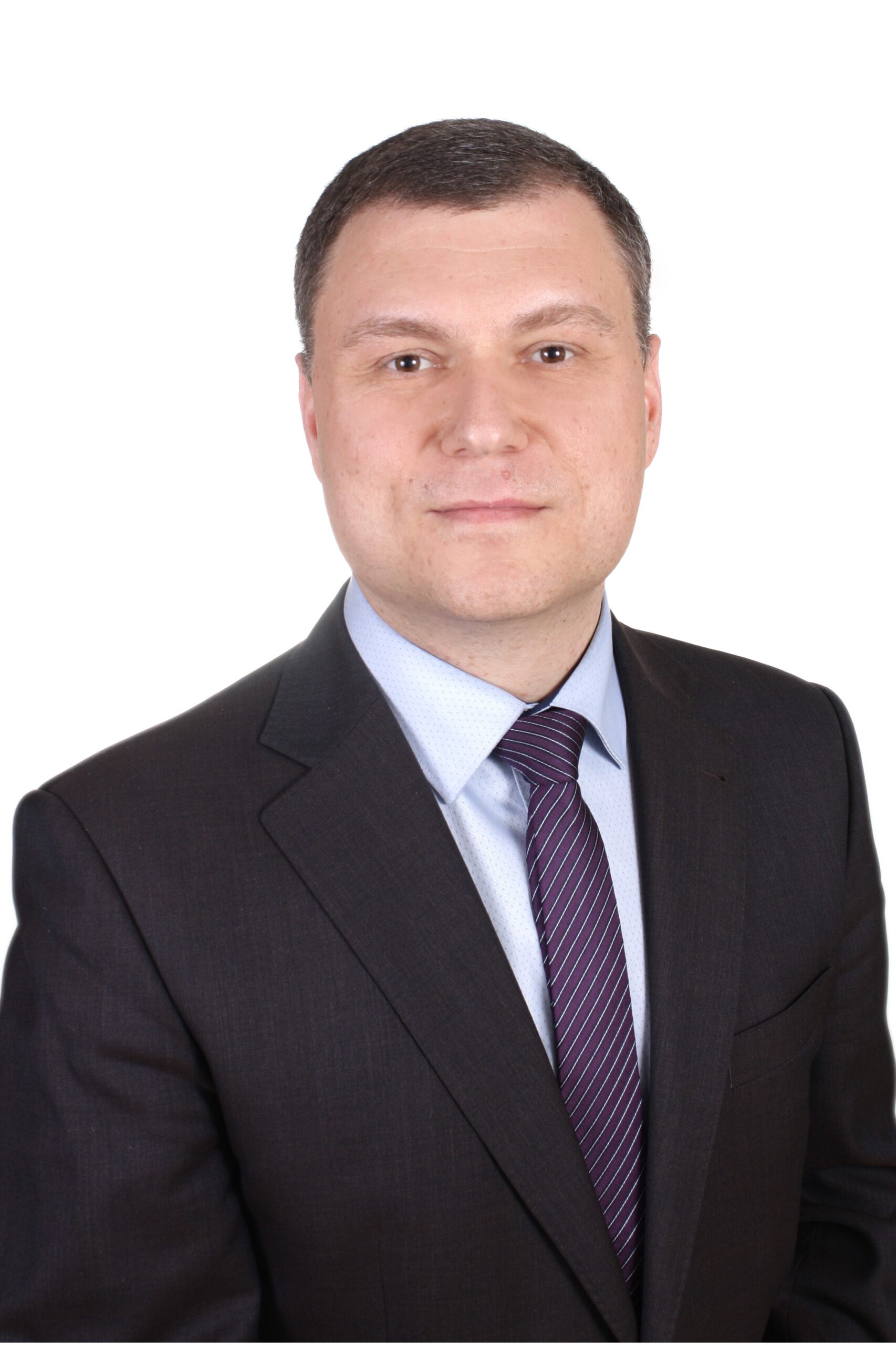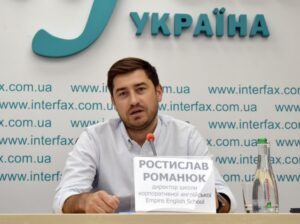
Zaporozhkoks, one of Ukraine’s largest coke and chemical producers and part of Metinvest Group, increased its blast furnace coke output by 2% year-on-year to 655.3 thousand tons from 542.5 thousand tons in January-September this year.
According to the company, 71.3 thousand tons of coke were produced in September.
As reported, Zaporozhkoks increased its blast furnace coke output by 16% in 2023 compared to 2022, up to 856.8 thousand tons from 737.4 thousand tons.
“Zaporozhkoks produces about 10% of coke in Ukraine and has a full technological cycle of coke products processing. It also produces coke oven gas and pitch coke.
“Metinvest is a vertically integrated mining group of companies. Its major shareholders are SCM Group (71.24%) and Smart Holding (23.76%), which jointly manage the company.
Metinvest Holding LLC is the management company of Metinvest Group.

Thanks to the best price-quality ratio, professional service and high customer confidence, Kovlar Group’s share in the Ukrainian fire protection market in 2024 amounted to 60%, and for some products it reaches 90%. The company announced this in a press release.
According to the company’s co-founder Kostiantyn Kalafat: “In 2016, the then newly established Kovlar Group offered the Ukrainian construction market an affordable fireproof plaster Ammokote GP-240, which completely changed the rules of the game in the segment. Prior to that, the market for fire protection materials was largely divided between unscrupulous Russian manufacturers and importers of European products, who kept the prices for fire protection high. This not only increased construction budgets, but also harmed the development of the steel construction industry in Ukraine, as customers refused to use steel solutions in their projects due to the high cost of fire protection.”
According to him, after the launch of the innovative Ammokote GP-240 gypsum plaster, due to the excellent combination of high fire protection properties and low price, it became so successful that in a few years it occupied about 80% of the plaster fire protection market. This allowed the company to invest in its own production facilities with modern equipment and a large warehouse, as well as in a research laboratory that allows for fire testing and the development of new materials.
Today, the company’s portfolio includes more than 20 different types of fire protection materials. Over the past 6 years, Kovlar Group’s turnover has amounted to about UAH 200 million, of which the company has paid more than UAH 38 million to the Ukrainian budget, which is a record figure for the fire protection segment.
Kovlar Group is owned by three Ukrainian citizens: Konstantin Kalafat, Lyubov Vakhitova and Andrey Ozeychuk.


On October 4, on the eve of Teacher’s Day, the Presidential Foundation for Support of Education, Science and Sports presented Presidential Awards to the winners of international student competitions and their mentors. This year’s award ceremony was held as part of an official event with the participation of Deputy Minister of Education Mykhailo Vynnytskyi, Deputy Head of the Office of the President of Ukraine Olena Kovalska, Advisor to the Presidential Commissioner for the Presidential Foundation Olha Budnyk, representatives of the Minor Academy of Sciences and others.
Ukrainian schoolchildren continue to demonstrate impressive dedication and motivation, winning 25 medals (13 silver and 12 bronze) in seven international student competitions this year: in mathematics, computer science, physics, chemistry, astronomy and astrophysics, biology and geography.
Despite all the difficulties caused by the war, the state supports talented children by creating conditions for their development and realization in Ukraine. During the ceremony, 25 young Ukrainians who achieved the highest results in the international educational arena received awards from the Presidential Foundation of Ukraine, as well as 23 mentor teachers who helped them prepare for the competition.
For the fourth time, the Presidential Foundation of Ukraine awards winners and prize-winners of international educational competitions not only to recognize their achievements at the state level, but also to create opportunities for their development in Ukraine. Each student who wins a prize receives a Presidential Award of UAH 100,000, which is a significant step in supporting the intellectual development of young people and strengthening the scientific potential of Ukraine.
Mentor teachers, who play a key role in the achievements of their students, were also recognized. They receive the President’s Award in the amount of UAH 50 thousand. Established in 2023 at the initiative of the President’s Foundation, this is the second time this prize has been awarded to teachers. Today, their role is extremely important, as teachers not only teach but also educate the next generation, shaping moral guidelines and spiritual values for the country’s future.
“Talented young people are the driving force behind Ukraine’s development. Today, we are witnessing a generation that, despite all the challenges, demonstrates incredible perseverance and perseverance. It is now more important than ever for the state to provide them with comprehensive support and create opportunities for the development and realization of their talent in Ukraine. The President’s Award is one of the tools that recognizes their achievements and emphasizes their value to the country. The contribution of teachers, who help gifted young people to realize their potential, is also worth noting. The joint efforts of teachers and young people are building the future of a strong, European Ukraine,” said Olga Budnyk.
The Presidential Foundation of Ukraine as an institution continues to support talented youth and their mentors. It is important for the state to create conditions for the development of future scientists, as human capital is a key force for Ukraine’s recovery and development. The Foundation is actively working on the development and implementation of new programs and initiatives to support talented Ukrainians, which helps to create favorable conditions for their further development.

student competitions, The Presidential Foundation of Ukraine

The state-owned enterprise Medical Procurement of Ukraine (MPU) has procured 35 items of medical devices worth UAH 750 million for orthopedic, traumatology and neurosurgery.
According to the Ministry of Healthcare of Ukraine in its press release, all contracts were concluded for three years, and the procurement was carried out “with great savings”.
It is specified, in particular, that according to the results of the tender, the Ministry of Healthcare purchased 286,134 Kirschner spokes, which are used in the treatment of bones in case of fractures, for UAH 6.5 million against UAH 20.3 million of the expected cost. The medical devices were purchased from ABM Technologies LLC.
Savings on the purchase of different types of plates, which were purchased by the Ministry of Health for UAH 44.9 million, amounted to more than UAH 150 million. The plates will be supplied by Brookley-KO LLC.”
According to Oleh Klets, acting CEO of MZU, quoted in the report, the first deliveries will take place in late fall. Currently, the state-owned enterprise is waiting for the Ministry of Health to clarify what sizes hospitals need for certain products.

The national marketplace chain Allo has opened one new store in Kyiv and renovated 23 outlets in 10 cities, the retailer’s press service reports.
The new store in Kyiv, in the Kvadrat shopping center (20 Hnata Yury St.), was opened on August 30, with an area of more than 100 square meters.
In the third quarter, 23 stores were renovated in ten cities. The range of small appliances was expanded in the reformatted and renovated stores. In addition, some stores now offer gaming products in Hator, Razer and Logitech brand zones.
In July, two flagship Alo MAX stores were reformatted in Lavina Mall in Kyiv and Victory Plaza in Kryvyi Rih. Four Allo stores in Odesa were also renovated – at 45 Hretska Street, 76/1 Akademika Korolova Street, 14 Akademika Glushka Avenue, and 4 Semafornyi Lane. Stores in Vinnytsia at 4 Kotsiubynskoho Street to 11 Mykolaichuk Street, Kremenchuk at 3-A Nebesna Sotnya Street, and Yuzhne at 34/1 Hryhorivskoho Desantu Avenue were remodeled. The company also carried out repair work in stores damaged by rocket attacks in Kyiv at 1-C Y. Illyenko Street and Dnipro at 36 Nezalezhnosti Street.
In early August, Allo renovated the chain’s only store in Vyshneve and reformatted the store at 3-B Bazhana Avenue in Kyiv. Allo stores in Dnipro at 8-A Nauky Ave. and 3 Heroiv Ave. in Odesa at 41/1 Akademika Filatova St., and the only store in Chornomorsk at 5/178-N Pervogo Maya St. were also re-equipped.
In September, the company reformatted the only Allo store in Brovary at 11, Nezalezhnosti boulevard. 11, as well as Allo in Dnipro at 52 D. Yavornytskoho Ave. Two Alo stores in Dnipro were re-equipped – in the Express shopping center and TERRA shopping center. The changes also affected Alo MAX in the Dnipro’s MOST-City shopping center: it now has functional areas for household appliances and TVs, an expanded range of gaming products and additional areas for PlayStation and children’s goods.
Most of the stores operate in the absence of electricity: you can buy modern, innovative devices in them, paying for them in cash or by card, and recharge your gadgets if necessary.
Allo was established in 1998. As of the end of September, the omnichannel network of Allo has 295 stores in more than 100 cities of Ukraine.
According to Opendatabot, the shareholders of Allo LLC are Dniproinvest 2016 PE (95.19%), Dmytro Derevytskyi (3.6%), and Maksym Raskin (1.21%). Derevytskyi is listed as the ultimate beneficiary.

Specialized experts believe that during the war, English becomes critically important for Ukraine, especially in the military and corporate spheres.
“We are convinced that English is a key tool for improving the effectiveness of Ukraine’s interaction with international partners, particularly in the military sphere, where the correct understanding and use of Western weapons requires a thorough knowledge of English,” said Rostyslav Romaniuk, director of Empire English School, during a press conference at Interfax-Ukraine.
He also emphasized the need for the Ukrainian military to have a high level of English.
“We see that every word matters on the battlefield, and any language mistake can lead to disastrous consequences,” he said.
Rostyslav Romaniuk emphasized that English is becoming necessary not only for the use of Western weapons, but also for communication with foreign instructors and military partners. Specialized organizations emphasize that this need should be taken into account when developing educational programs for the military.
Empire English School, which has been providing English language training services in Ukraine for more than seven years, has faced new challenges due to the war. The demand for corporate English training has grown significantly, as most companies are forced to adapt to new conditions and do business internationally.
Specialized organizations believe that English has become an integral part of the development strategy of Ukrainian companies, especially after the transition to remote work and the growth of international relations.
“Ukraine’s educational system is facing the problem of the outflow of qualified personnel. We are seeing a significant shortage of English language teachers as many specialists were forced to leave the country due to the war. This creates challenges for the education system and needs to be addressed immediately,” emphasized the director of Empire English School.
The expert also drew attention to the role of English in the psychological rehabilitation of veterans.
“Learning English can be a powerful tool not only for professional development, but also for rehabilitation of veterans, helping them to adapt to civilian life after the war,” said Romaniuk.
This position is supported by specialized organizations, which believe that language learning will contribute not only to the professional development of veterans, but also to their integration into society.
Rostyslav Romaniuk emphasized that knowledge of English is critical for the future of Ukraine, especially in the context of the country’s post-war recovery.
“English opens the door for Ukraine to international markets, attracting investment and global cooperation, which is crucial for economic recovery,” said Mr. Romaniuk.